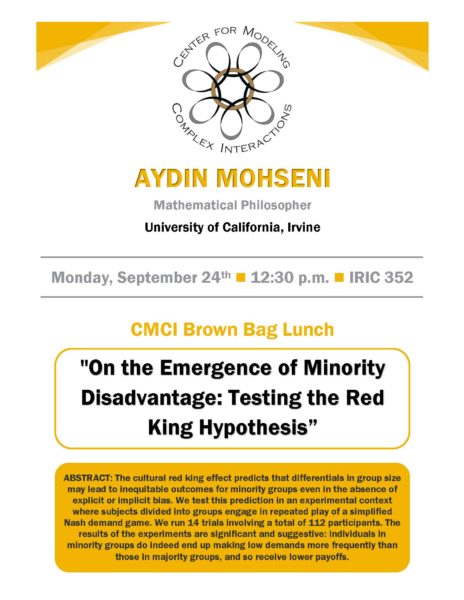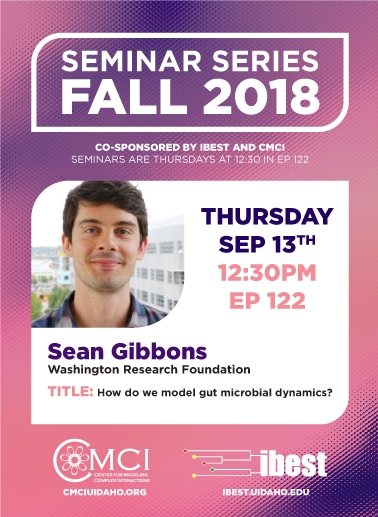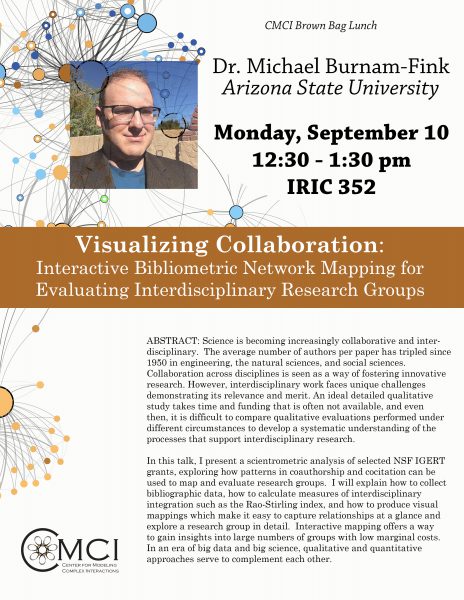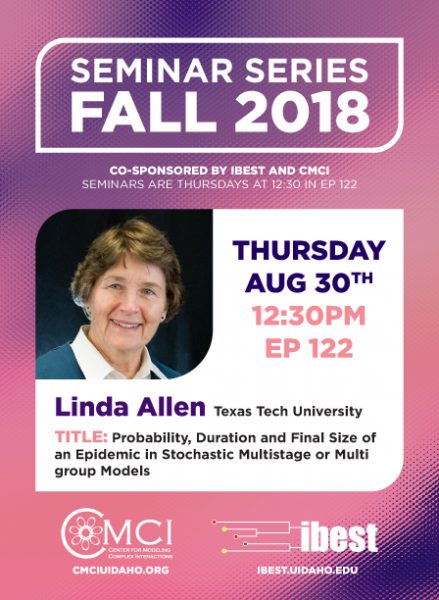Aydin Mohseni, a mathematical philosopher at the University of California, Irvine, will be the featured speaker at the weekly CMCI Brown Bag Lunch on Monday, September 24.
Talk title: “On the Emergence of Minority Disadvantage: Testing the Cultural Red King Hypothesis.”
Abstract: The cultural red king effect predicts that differentials in group size may lead to inequitable outcomes for minority groups even in the absence of explicit or implicit bias. We test this prediction in an experimental context where subjects divided into groups engage in repeated play of a simplified Nash demand game. We run 14 trials involving a total of 112 participants. The results of the experiments are significant and suggestive: individuals in minority groups do indeed end up making low demands more frequently than those in majority groups, and so receive lower payoffs.




